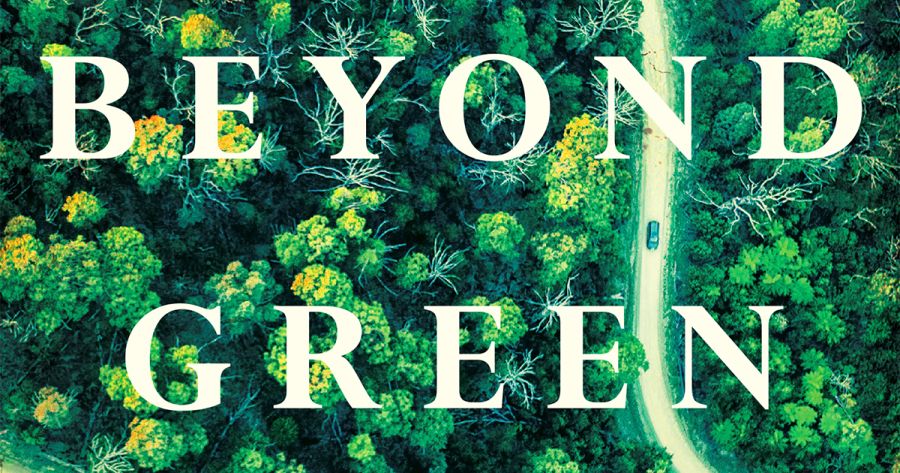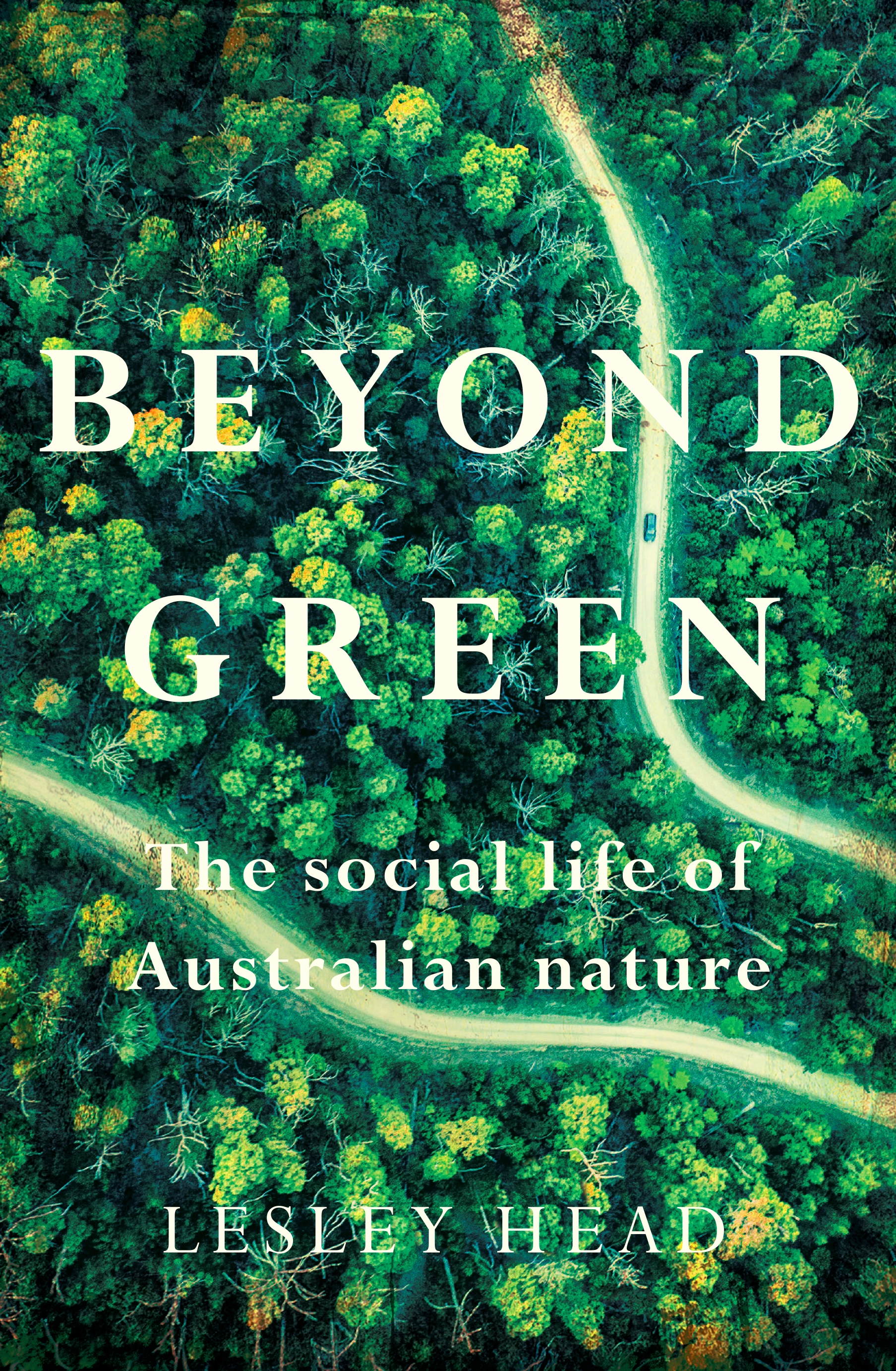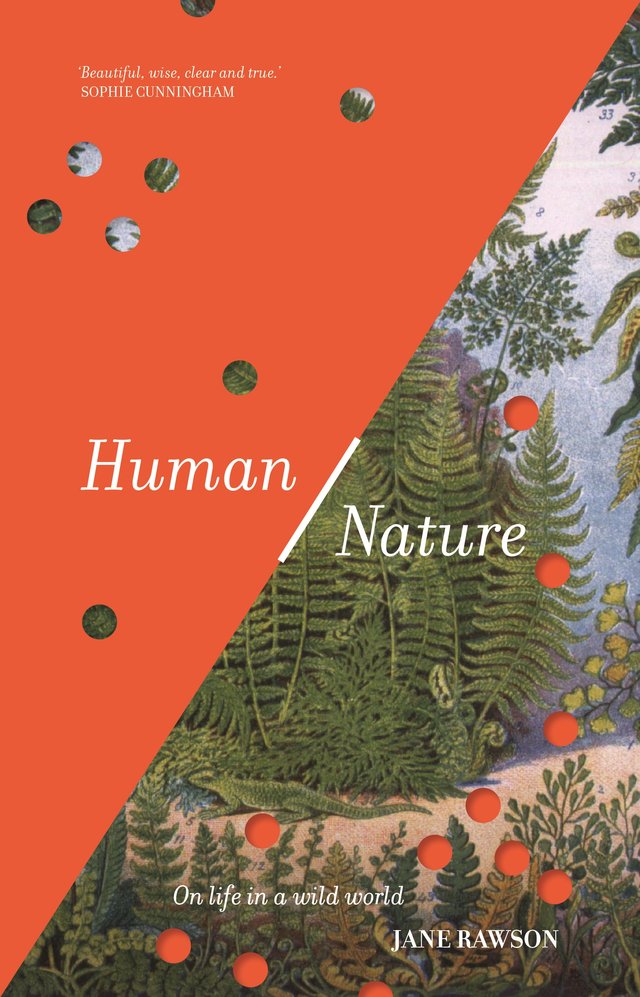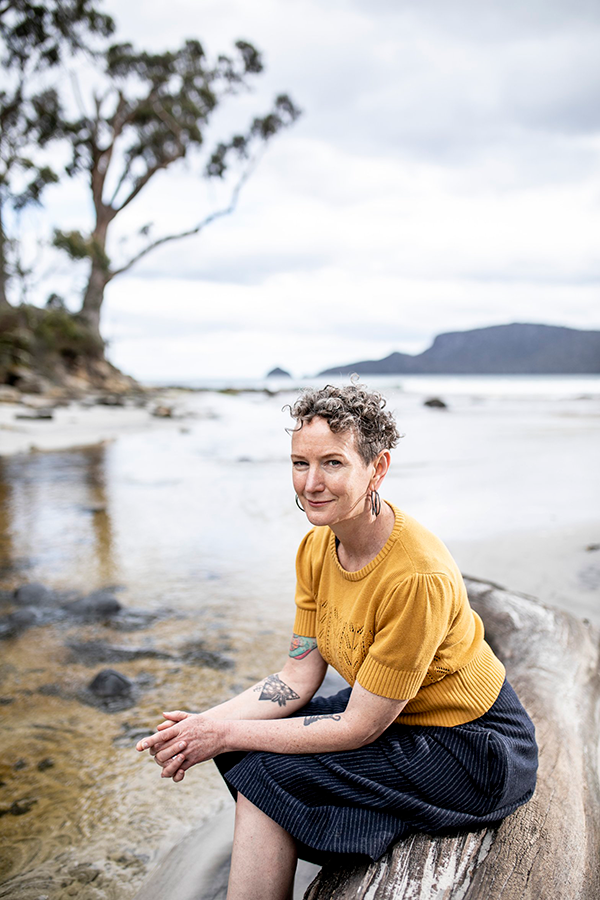
- Free Article: No
- Contents Category: Environment
- Review Article: Yes
- Article Title: Wandering signifier
- Article Subtitle: Two books on nature
- Online Only: No
- Custom Highlight Text:
The idea of ‘green politics’ is implicitly self-limiting. Unlike the blue that we associate with the right, or the red we associate with the left, green is taken to refer to the substance of a political ideology: to the natural world of plants and trees, to ‘pristine’ nature and ‘unspoiled’ wilderness. As such, it tends to reproduce a simplistic distinction between humanity and nature – a distinction that is inseparable from the very environmental crises through which green politics proposes to steer us. Consciously or otherwise, environmentalism is constructed as something to do with the world’s ‘green spaces’, as opposed to a politics of human transformation.
- Book 1 Title: Beyond Green
- Book 1 Biblio: Melbourne University Press, $39.99 pb, 252 pp
- Book 1 Cover Small (400 x 600):

- Book 1 Cover (800 x 1200):

- Book 1 Readings Link: https://www.readings.com.au/product/9780522880632/beyond-green--lesley-head--2025--9780522880632#rac:jokjjzr6ly9m
- Book 2 Title: Human/Nature
- Book 2 Biblio: NewSouth, $34.99 pb, 213 pp
- Book 2 Cover Small (400 x 600):

- Book 2 Cover (800 x 1200):

- Book 2 Readings Link: https://www.readings.com.au/product/9781761170010/humannature--jane-rawson--2025--9781761170010#rac:jokjjzr6ly9m
In Beyond Green: The social life of Australian nature the geographer Lesley Head seeks to challenge and complicate this construction. For her, the human-nature dichotomy is an essentially ideological one, inscribed with the legacies of colonialism and capitalism. No doubt there will be those who regard such an investigation as an intellectual indulgence: Why is this veteran of the Franklin Dam protests, who was once arrested alongside Bob Brown, spending precious time writing about settler colonialism, when we should be pressing the case for renewables or protesting the Burrup Hub? Head’s position is that a politics based on faulty assumptions is a politics that will either fail in its aims or succeed in a way that creates fresh problems. Yes, where we’re standing in ten minutes’ time depends partly on where we’re standing now. But it also depends on which way we’re facing.
Like Raymond Williams, who suggested that ‘nature’ is one of the most complex words in the language, Head regards nature as a wandering signifier, prone to ideological capture. For her, the concepts of ‘culture’ and ‘humanity’ to which nature is so often counterposed are used in ways that reproduce those ideological undercurrents. Central to Head’s analysis is her critique of the so-called Anthropocene – the notion of a new geological epoch defined by human activity. Despite its rejection by the International Commission on Stratigraphy in 2024, this concept has now decisively entered the scientific and popular imagination, not least because of climate change. For Head, however, its invocation of a monolithic ‘anthropos’ is an ideological sleight of hand, a way of attributing collective blame for problems with systemic causes. That pesky word ‘we’ does much of the work, at once universalising and essentialising the human in a way that deflects attention away from extractive techno-capitalism.
Digging down through these ideological strata, Head identifies the colonial experience as especially important in this ideological process. Following the historian Jason Moore, she suggests that colonial capitalism is predicated on a sharp distinction between nature and society, with the former constructed as external and exploitable. Moreover, in challenging this distinction – in revealing its ideological character – Head demonstrates how Indigenous cultures (Australian and otherwise) throw into relief attitudes from the Global North towards nature and progress, while also giving modern societies a different perspective on how to proceed through climate change and its attendant crises. Her chapter ‘Country’ is important here. Noting how rich and nuanced the concept of Country is in Indigenous cultures – how ‘active and sentient’ it is taken to be – Head advocates for a more expansive notion of acknowledgement than is currently in evidence, one that can help us overcome ‘Nature-Culture dualism’ and provide the basis for ‘shared community aspirations’. ‘The verb “acknowledge” sounds rather passive,’ she writes, ‘but in fact there is quite a lot of work involved ... People are thinking through the implications of acknowledging Country for university teaching, for urban planning, for urban greening, and for travelling.’ By challenging ideas of what counts as acknowledgement, we will eventually change our subjectivities.
It is not only Indigenous cultures that challenge received perspectives on nature. Head is also interested in immigrant cultures, especially those with a history of small-scale farming. The cultivation of food holds important lessons for societies reliant on industrial agriculture, and Head’s own academic research is particularly revealing in this regard. Her study of a Burundian community whose traditional methods of arable farming brought life to uncultivated land in Mildura is just one of many inspiring examples of alternative approaches to food production.
While Beyond Green ably demonstrates the necessity of challenging received ideas about the division between humanity and nature, it does risk adopting (or sanctioning) too culturalist an approach to such questions. Head’s own approach is influenced by the posthumanism of thinkers such as Timothy Morton, whose determination to bust open all categories and challenge ‘ideologies of all kinds’ is in danger of giving philosophical succour to a technophilic ecomodernism which maintains that there is ‘no such thing as nature’. As proposals for geo-engineering the climate and the genetic modification of animals move from the margins of debate to the centre, we need to keep a vigilant eye on such messaging.
Though not as systematic as Beyond Green, novelist Jane Rawson’s Human/Nature: On life in a wild world is no less rich in material. The book is a treasure trove of delights. Beginning with a frank admission – that its author is, in many respects, hilariously out of her depth in the bush – it proceeds through a series of moving, funny and fascinating investigations, in which the science and philosophy of nature are combined with biographical details relating to the author’s life in Tasmania, her ailing father, her sensitivity to noise, and her controversial decision to own a cat. Full of bold segues and brilliant one-liners (‘Like an ecological Marie Kondo, nature used extinction to remove the species that no longer sparked joy’), these are essays in the Montaignian sense: assays into a rich field of content, with questions, not answers, very much to the fore.
As the mischievous slash in her title suggests, Rawson is eager to explore the misconceptions and inconsistencies in conventional approaches to nature. One of her two epigraphs is from Werner Heisenberg – ‘What we observe is not nature itself, but nature exposed to our method of questioning’ – and that very much sets the tone of the book. But, as with Head’s analysis, a cautionary note is appropriate here. A ‘method of questioning’, after all, is precisely the thing that human beings have, and that marks them out from nonhuman nature. Of course, they are no less ‘natural’ than jellyfish for possessing this capacity; but any environmental politics that scorns what the French philosopher Fred Neyrat calls ‘an ontology of separation’ is as likely to reproduce the very hubris that led us into the eco-crisis as it is to inspire a new humility.
Not that either Head or Rawson are in any way sympathetic to the idea that we can simply engineer our way out of trouble. Rather they are performing the essential task of recalling their readers to the question of how, and in what ways, we ‘fit into’ nature: a question that must now come to the centre of environmental thinking more broadly. As the risk calculus changes, and the technofix beckons, we need to rethink what it means to be green.



Comments powered by CComment